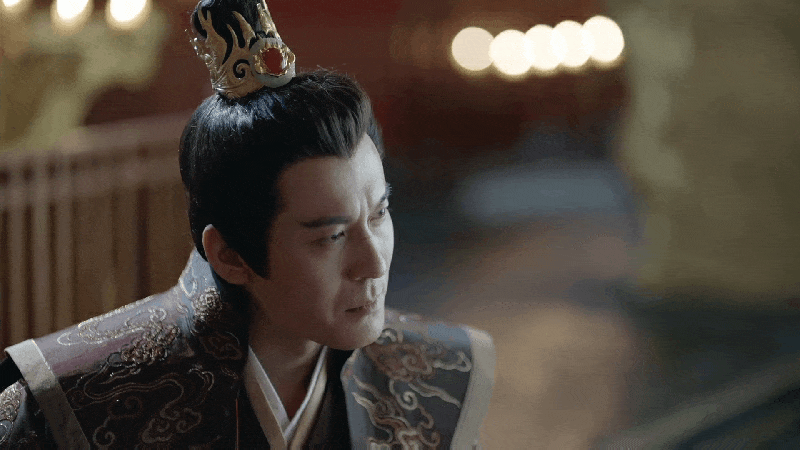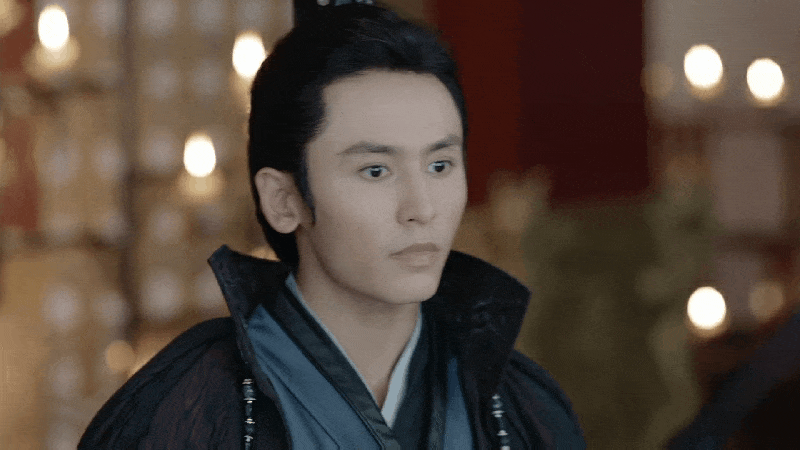#인용구가 아주 고급진것이 미쳤네
Explore tagged Tumblr posts
Text
瓦罐難免井上破,將軍終究陣前亡
The pot cannot be broken except leaving the well, a general is meant to die at the battlefield.
It's from 水滸傳(shuǐ hǔ zhuán; Water Margin) by 施耐庵(Shī nài ān), in 明朝(ming dynasty). It's a story of 108 outlaws in 梁山泊(Liáng Shān pō) which is a part china now it's 濟寧(Jĭ níng), Southern part of china. The story is about how a group of 108 outlaws gather at Mount Liang(梁山) to rabel against the government. Later they are granted amnesty and enlisted by the government to resist the nomadic conquest of the Liao dynasty and other rebels. I have read this when I was young but I don't recall the phrase, as it's not that common phrase where I live. The actual line is,
瓦罐不離井上破,將軍必在陣中亡
A water pot cannot be broken around the well, a general must die in battlefront.
It means, the water pot is used to go to a well, so during it's used around the well it cannot be broken because it's in use, then when a person carries to somewhere the possibility of breaking rise. So Qin wang is saying that the water pot is 秦九霄(Qin jiuxiao), and the well is 晉��(Jin zhou). Qin jiuxiao was meant to die at battlefield.

天子之怒,流血漂櫓;布衣之怒,血濺五步,卻令天下縞素。
The emperor's wrath causes rowing on the blood, The scholar's wrath, the blood flows in five steps. Therefore, the taching was, making the world carefree.
This line is from 唐雎不辱使命(táng jū bù rǔ shǐ mìng; An achievement of embassador 唐雎) by 劉向 撰(liú xiàng zhuàn) in 兩韓(liang jhan)era . It's a dialogue of 秦王(King of Qin) and 唐雎(an embassador of 魏; wei). 唐雎 went to 秦 for negotiate territorial dispute between 秦(qin) and 魏(wei). The actual sentence is, Therefore, make the world carefree.
秦王曰:天子之怒,伏尸百万,流血千里。
Qin wang said: the emperor's wrath, countless bodies cover the land, the blood runs like a river.
唐雎曰:此庸夫之怒也,非士之怒也。若士必怒,伏尸二人,流血五步,天下缟素,今日是也。
Tang ju said: The wrath of normal people and talented people may differ. If a scholar with talent is persecuted, he will surely get angry. Then there will be two bodies and the blood would be five steps long, and every commoner will be mourning. Today, let it be.
The behind story here is that Qin wang wanted to have very wide territory to stop the war, when Wei were already in ruin. So Tang ju was actually on death mission that if he loose any territory of Wei, in anyways he would die by Qin wang either Wei wang. At the end Qin and Wei agreed on a treaty.
I love the time of Qin era which is BC. of Asian history, as my favourite chinese historical great human is 宣太后(Queen Dowager Xuan), So I remember him, 唐雎 is a textbook figure for diplomats for very long time as he didn't loose any territory only with a conversation. Even though Wei didn't last long for that.

晉王(Jin wang) is keep saying his retainers are peices on the chessboard(here it must be 碁;go board). Like whatever he does, there will be death bodies as far as it's not himself, those death doesn't really matter. Then for Zhou zishu is saying if a king doesn't think about the commoners, what meaning is there to be a king? This scene has many metaphorical meanings which can be found in historical drama. Look at thoese quoted sentences, it is definitely a conversation of a king and a noble man.
Jin wang is only thinking about himself, I'm not so sure even what he wants is Zhou zishu. Why he was angry at Zhou zishu is that Zhou zishu didn't say and ask him first to leave. When Zhou zishu had left, he said he just let him go for awhile, Jin wang had never let Zhou zishu go.
It's really shame, Wen kexing never knew Jin wang, I can't even imagine what would he do to Jin wang if he knows all these fiascos.


+ Oopsi daisy, it was (晉王)Jin wang not (欽王)qin wang (˵ ͡° ͜ʖ ͡°˵)
#山河令#word of honor#shan he ling#shl#산하령#배움이 짧아서 모르겠어#사서삼경#역사서..#왕이랑 도련님대화라 ���런가#인용구가 아주 고급진것이 미쳤네#주자서랑 진왕#너무 맛있다#wenzhou#온주가 맛있는건 진왕때문이야#Jin wang is a spicy for wenzhou#Jin wang makes wenzhou taste better#How noble they are discussing things with old books and phrases#주자서 도련님 모먼트#ep30#ep 30
9 notes
·
View notes